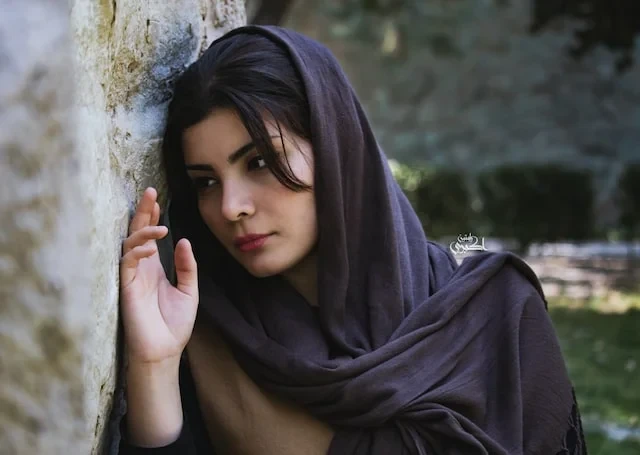
Shia Sunni Marriage in Islam: An Insider's Perspective
Shia Sunni Marriage in Islam: An Insider's Perspective
Although their differences have caused conflicts in many areas of the Middle East, the Sunni and Shia sects of Islam are actually quite similar in terms of their basic beliefs and core philosophies.
One significant difference between them, however, is in the area of marriage—specifically, who can marry whom.
In this article, we’ll explore the specific differences between Sunni and Shia marriages so that you can better understand them if you decide to get married in the future, or if you just want to understand more about how two such similar groups can interpret their religion so differently from one another. When it’s permitted
Shia and Sunni Muslims are allowed to marry each other according to the teachings of Islam.
Why are Sunni Muslims so against Shia Muslims?
This is because marriage is seen as a way to bring unity and understanding between the two sects. Shia-Sunni marriages can help bridge the divide between the two communities and promote religious tolerance. However, there are some challenges that come with Shia-Sunni marriages, such as dealing with different interpretations of Islamic law.
But overall, these marriages are seen as positive opportunities for both Shia and Sunni Muslims. There are many benefits to Shia-Sunni marriages that should not be overlooked by either sect. In addition to promoting understanding and unity, Shia-Sunni marriages can also increase family ties.
For example, if Shia Muslim parents have only sons but their daughters marry into Sunni families, they will still have grandchildren from their own bloodline in the form of their daughter’s children.
Where to find help
While there are many Shia Sunni marriage counselors available, finding one that is a good fit for you can be difficult. Here are some tips to help you find the right counselor for your needs:
1. Ask around for recommendations from friends or family members who have been through a similar experience.
2. Research counselors online and read reviews from past clients.
3. Schedule a consultation with a few different counselors to get a feel for their style and see if you click with them personally.
4. Consider going to counseling with your spouse-to-be, so they know what they're getting into before committing!
5. Shia-Sunni marriage is serious business; don't enter into it lightly or without first considering all of the implications!
How to keep the peace
Though the Shia and Sunni sects of Islam have different interpretations of the Quran, that doesn't mean that Shia and Sunni Muslims can't get married. In fact, many Shia and Sunni Muslims do get married. Here are a few tips on how to make a Shia Sunni marriage work:
Once you've established that it is permissible for Shia and Sunni Muslims to marry each other, there are several factors to keep in mind when pursuing Shia Sunni marriage. If both people are committed, devout followers of Islam, then there should be little issue with them entering into a marriage together.
However, if one partner has a stronger faith than the other, it may be more difficult for them to compromise on things like what time they pray or which holidays they celebrate. Make sure you both share similar religious beliefs before getting engaged or moving in together.
Second of all, differences in culture will also affect Shia Sunni marriages. Whether this means one person comes from an Arabic-speaking country while the other is Turkish could pose challenges. Different approaches to food and dress will also complicate matters.